Good Nights
July 19, 2016
An exquisitely made, all-natural mattress can add quality to your daylight hours as well as your sleep.
Text by Regina Cole
We spend a third of our lives there, refreshing and recharging our minds and bodies. So why don’t our beds have at least the level of quality and luxury we expect from our sofas?
Technologically, the mattress has always lagged behind seating furniture: the coil spring, patented in the mid-eighteenth century, was used in chair seats and buggy benches long before anyone saw it as a way to a better night’s sleep. Since about 1900, the coil-spring mattress has been the standard, made by wrapping cotton, rags, corn, hair, feathers, or whatever material was available around steel coil springs. Early mattresses were often vermin-infested even before they left production lines.
While manufacturing has become cleaner, the basic technology has not changed, though there are occasional forays into alternates like waterbeds, Sleep Number, and memory foam. These types of mattresses have their fans, but the coil-spring mattress remains the favorite, and for good reason.
Hugh Landes is director of North American sales for UK-based Vispring. The company, founded in 1901 by James Marshall, the inventor of the pocketed coil, is one of a handful of premium mattress makers worldwide. Landes explains that foam holds heat, leading to sweat- caused mold and decay. “Memory foam was developed for astronauts: it settles them into their seats and makes it hard to move,” he says. “The body needs to move, so that is not ideal for sleep.”
Sleep Number beds, he notes, have an air bladder. “When you lie on them, your body pushes the air aside, much as it does with water in a waterbed. You sink into a hole; it doesn’t really support you.”
Not all coil-spring mattresses are equal, however. “Most mattresses today are made with synthetic fibers and foam, and they all have the same spring gauge,” says Landes.
Increasingly, American homeowners look for higher standards in their mattresses, asking how they are made and what goes into them. Many are consumers who routinely buy only the best. But a growing number of Americans want the products they consume or that touch their skin to be as natural and organic as possible. Generally, experts agree, the best mattresses are the simplest, made with ingredients like organic cotton, wool, and latex that comes from a tree, not a lab.
Founded in 1852, Swedish bedding giant Hästens is known for its blue and white checks and for its adherence to traditional techniques and materials. “Hästens mattresses are handmade, have individually pocketed coil systems, and are totally free of harmful products,” explains Matt Steele, owner of the Hästens store on Boston’s Newbury Street. “They have always used horsehair, which is free from allergens. Each hair is a hollow tube that acts like an airway and you are cooled, while it also has capillary action that wicks moisture away. And horsehair has natural curl, so it acts as springs.”
Alma Xhamallati, regional manager for Duxiana, a Swedish luxury-bedding brand since 1926, continues the discussion of quality materials. “All-natural materials go into our beds, including springs made of Swedish steel, known to be the best in the world, and Swedish pine from old-growth trees, so the frame is much stronger.”
At the upper level, a Dux bed, as it is affectionately called, is almost infinitely adjustable, with springs
that can be raised or compressed via cranks that can be stored when not in use. “The multilayered spring technol-ogy makes it possible for the spine to be aligned all the time,” Xhamallati explains. “This gives you an extra hour of deep sleep. A Dux bed is not a soft bed or a firm bed, but rather a supportive bed.”
Vispring beds, like those made by Hästens and Duxiana, come with long guarantees, along with their hefty price tags. “Our Dux beds come with twenty-year warranties,” Xhamallati says. “It is not unusual for people to pass them down to their children and grandchildren.”
There’s no doubt that technology enhances many areas of our lives. But when it comes to sleep, it seems, nothing matches a well-made set of individually wrapped springs surrounded by breathable natural fibers. •
Sleeping Beauties Where to find luxury mattresses in New England
Duxiana
Boston, (617) 426-3441
duxiana.com
Hästens
Boston, (617) 992-6908
hastens.com/en
Vispring
through The Organic Mattress, Sudbury, Mass., (978) 440-8200
vispring.com/en-us/
Share
![NEH-Logo_Black[1] NEH-Logo_Black[1]](https://www.nehomemag.com/wp-content/uploads/2022/08/NEH-Logo_Black1-300x162.jpg)





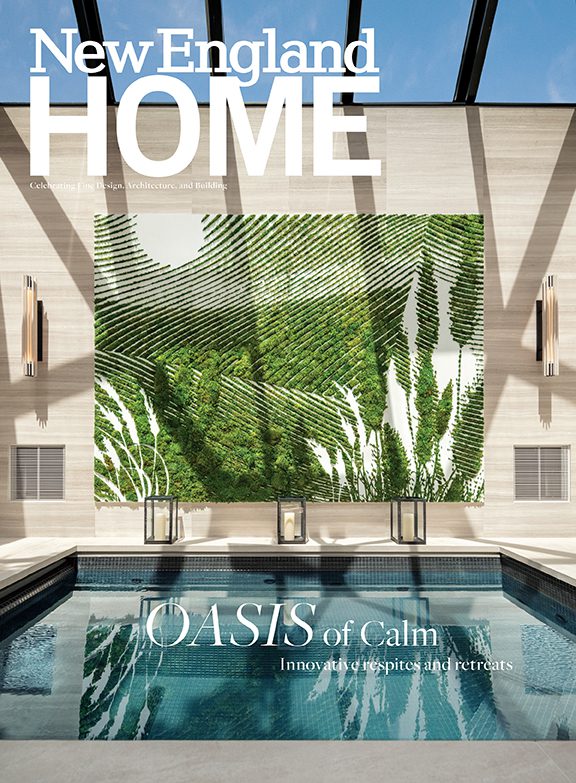
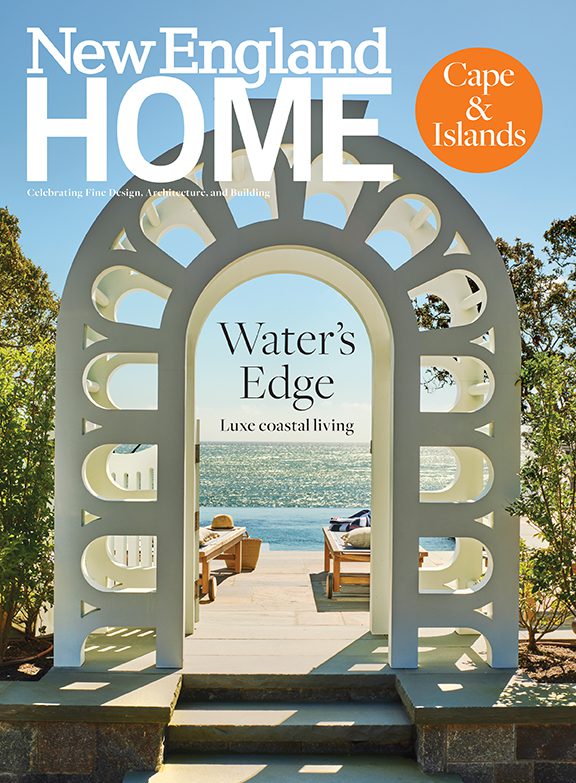
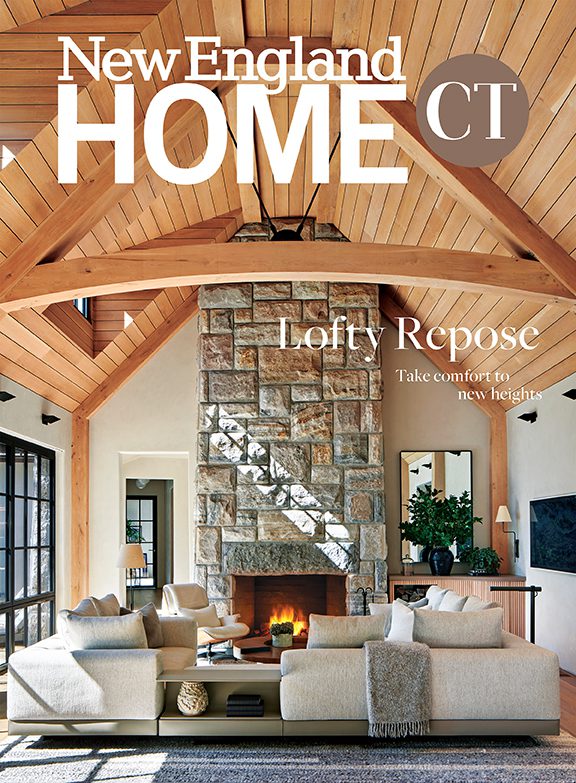


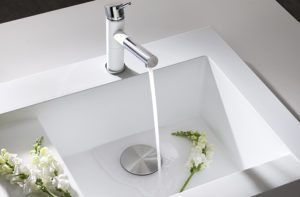
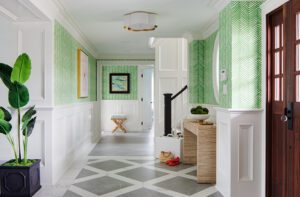
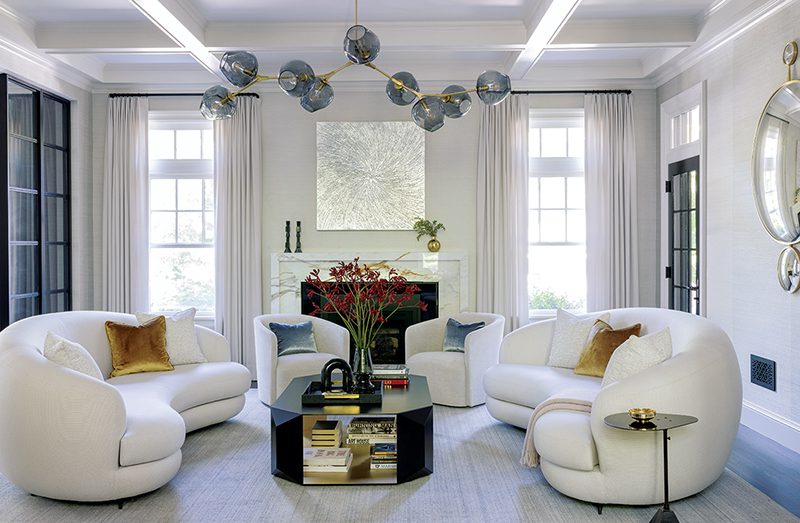
You must be logged in to post a comment.